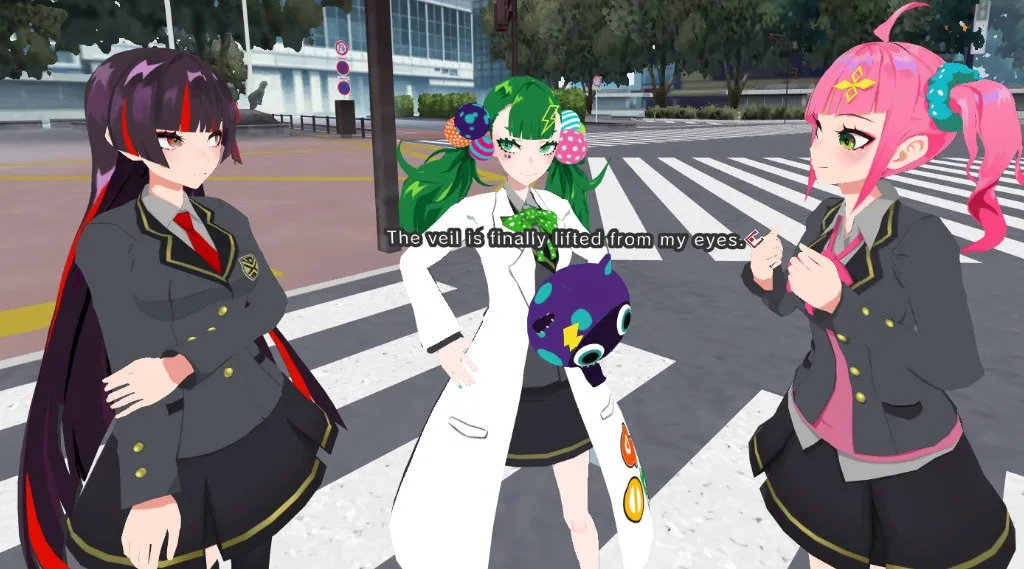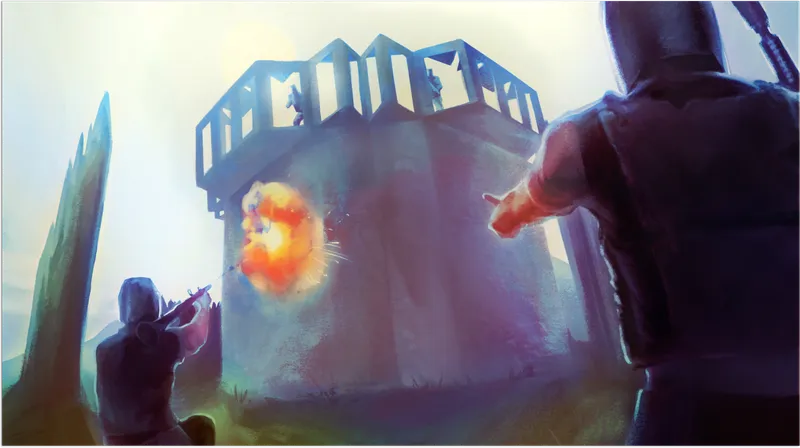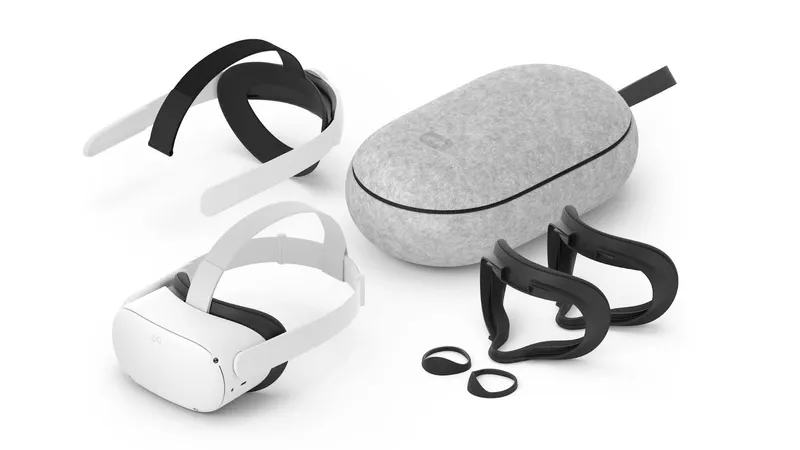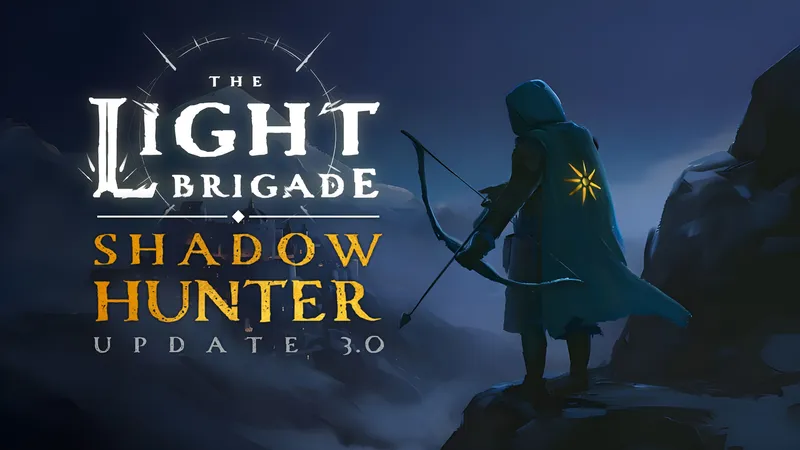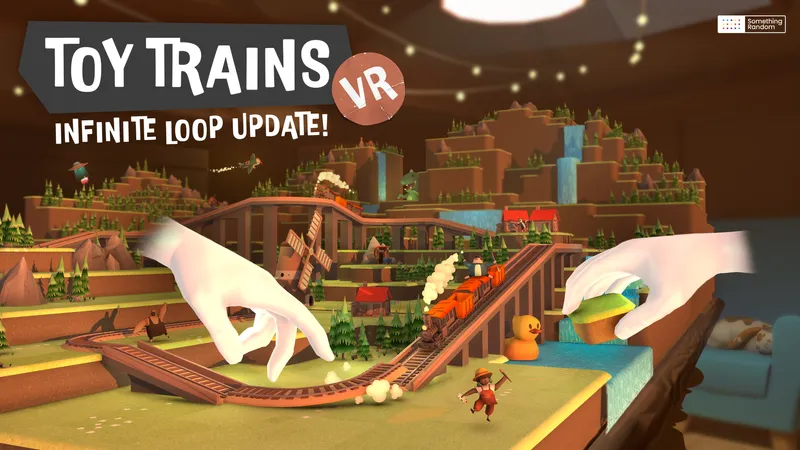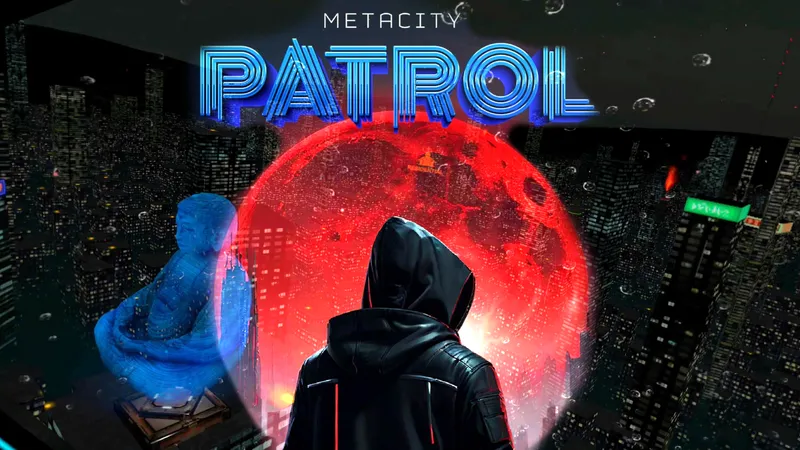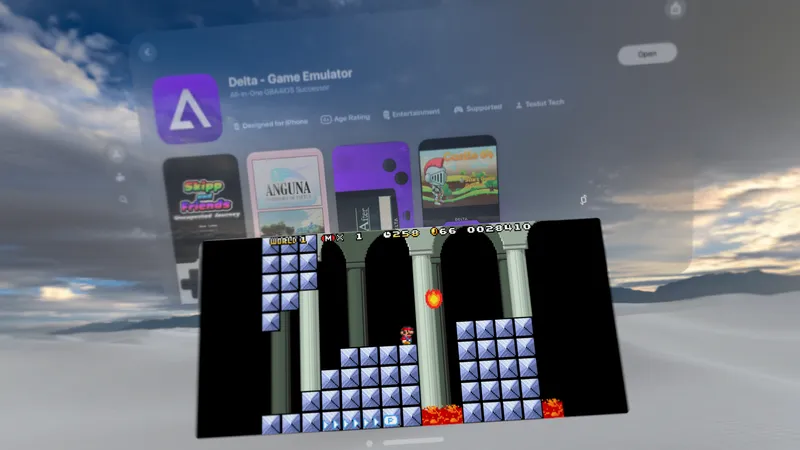I’m always puzzled by the suggestion that VR ‘needs’ its version of some gaming genres. 3D visuals aside, what’s really gained by putting a turn-based strategy game into headsets? Or a JRPG? Moreover, does the obscure visual novel genre really need a VR equivalent? Tokyo Chronos argues it does, but it makes its case with middling results.
For all intents and purposes, Tokyo Chronos is a competently-assembled visual novel. It follows eight Japanese students that find themselves in a deserted version of Tokyo. Fans of the genre will know what to expect; exposition-heavy dialogue, striking anime visuals and a branching narrative that gradually dips into the supernatural. This is a media-fluid genre, one that mixes books, comics and games into one package. But developer MyDearest often struggles to capitalize on the fourth layer VR adds to that recipe. If anything, VR often proves a hindrance just as much it does an enhancement.
Much of the game’s well-crafted atmosphere and style is lost to the subtitles, for example. From a silent Shibuya scramble to the darkened corridors of abandoned buildings, Tokyo Chronos’ empty metropolis can be an unnerving place to viist. And yet, instead of surging chills running down my spine, I’m often too distracted with lengthy text appearing somewhere slightly below me to truly embrace it. I’m forever being told what I feel and what I see as if the game doesn’t trust me to look around and discover it for myself. I’m told I can’t find anyone for miles around, that I don’t have my keys or wallet with me, that I have a crush on one of the cast, that I have a personal history with each of the game’s characters. No detail is too small to be spared in a visual novel, but in VR this tries your patience.
Each character also has their own vibrant design, expectantly matched by their personalities. Would you believe that the stony-eyed, black-haired Karen is the sharp and to the point type, for example? Or that your well-built and noticeably taller best friend Sota is brave, brash and loud as they come? But, again, I often miss their enthusiastic animations because I’m too busy looking through them, head craned at an unsociable angle, reading what they’re saying. There’s a textured world right in front of me and I’m powerless to expose it. And Tokyo Chronos knows it. When I say something that hurts one of my companions, it’s explained to me rather than clearly communicated in their expression. All I can wonder is why I’m not being allowed to discover all of this for myself.
It’s a shame given that there are traces of an attempt to break the mold here. Tokyo Chronos is at its best when it steps outside of its conventions. It’s in the moments it plays with proximity and body displacement. Before the game’s even started you find yourself staring in shock at your own two virtual hands, soaked in blood. It’s a harrowing image, but one that loses its potency the deeper into the conversation-heavy sequences you get. I wanted something more dynamic, something ready to proclaim itself as the evolution of the foundation laid before it. Tokyo Chronos instead seems more interested in preserving it on a platform that should move beyond.
It will have its fans, of course, and more power to them. This is a genre that’s always required patience above all else, something that’s earned it a small but dedicated fanbase. If the thought of strapping an Oculus Rift to your head for multiple hours to read reams of text across several playthroughs appeals to you then take these words as irrelevant; you’ll find plenty of love in Tokyo Chronos.
But for those of us not so easily sold, with our attentions captured but our concerns unaddressed, this is a disappointment. Visual novels are, by their very nature, character and story-driven, and freed from their shackles could be a revelatory experience for headset owners. But all Tokyo Chronos ends up proving is that it’s a genre at odds with the very nature of VR.
Tokyo Chronos is out now on Oculus Rift, Oculus Go and HTC Vive for $39.99.

